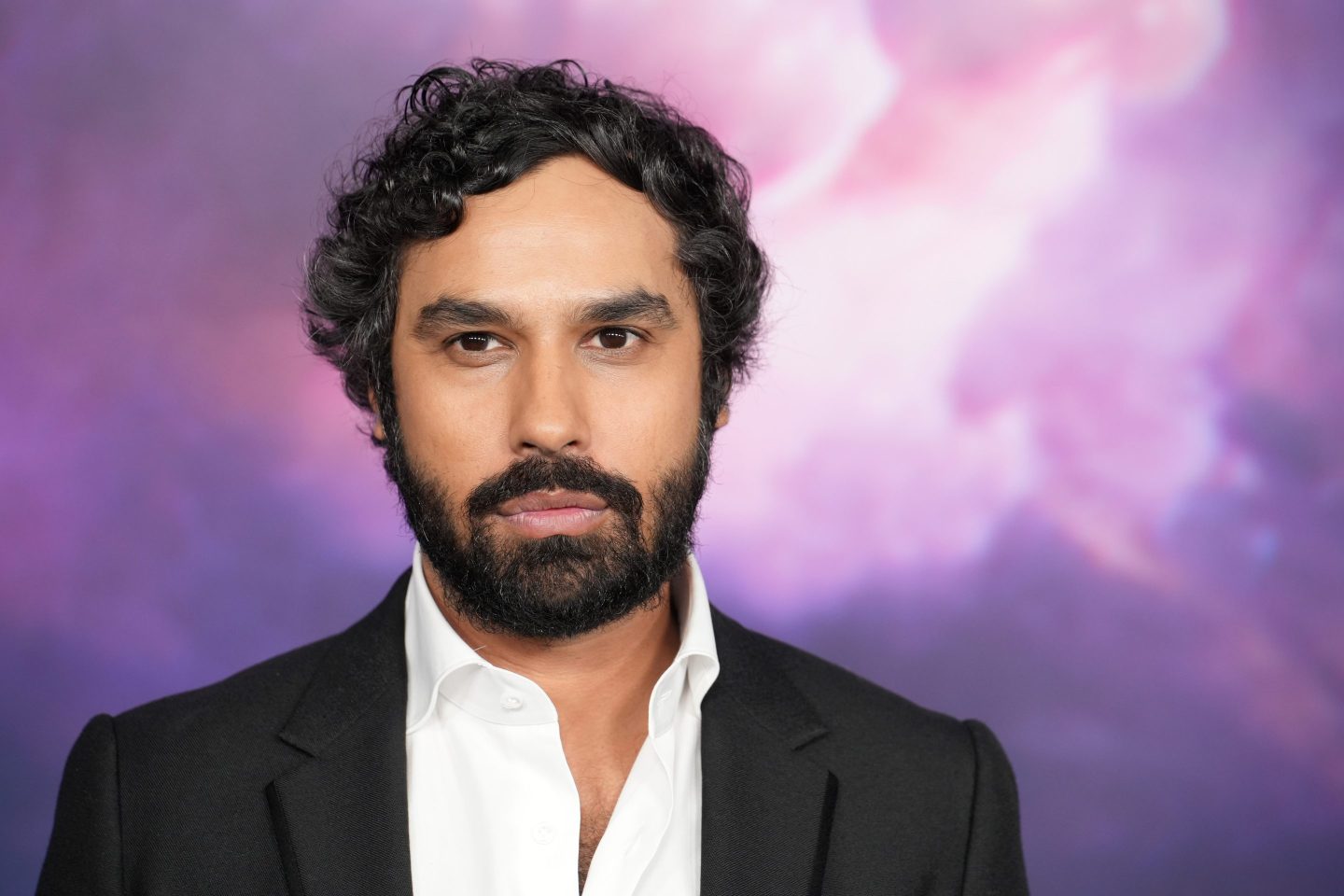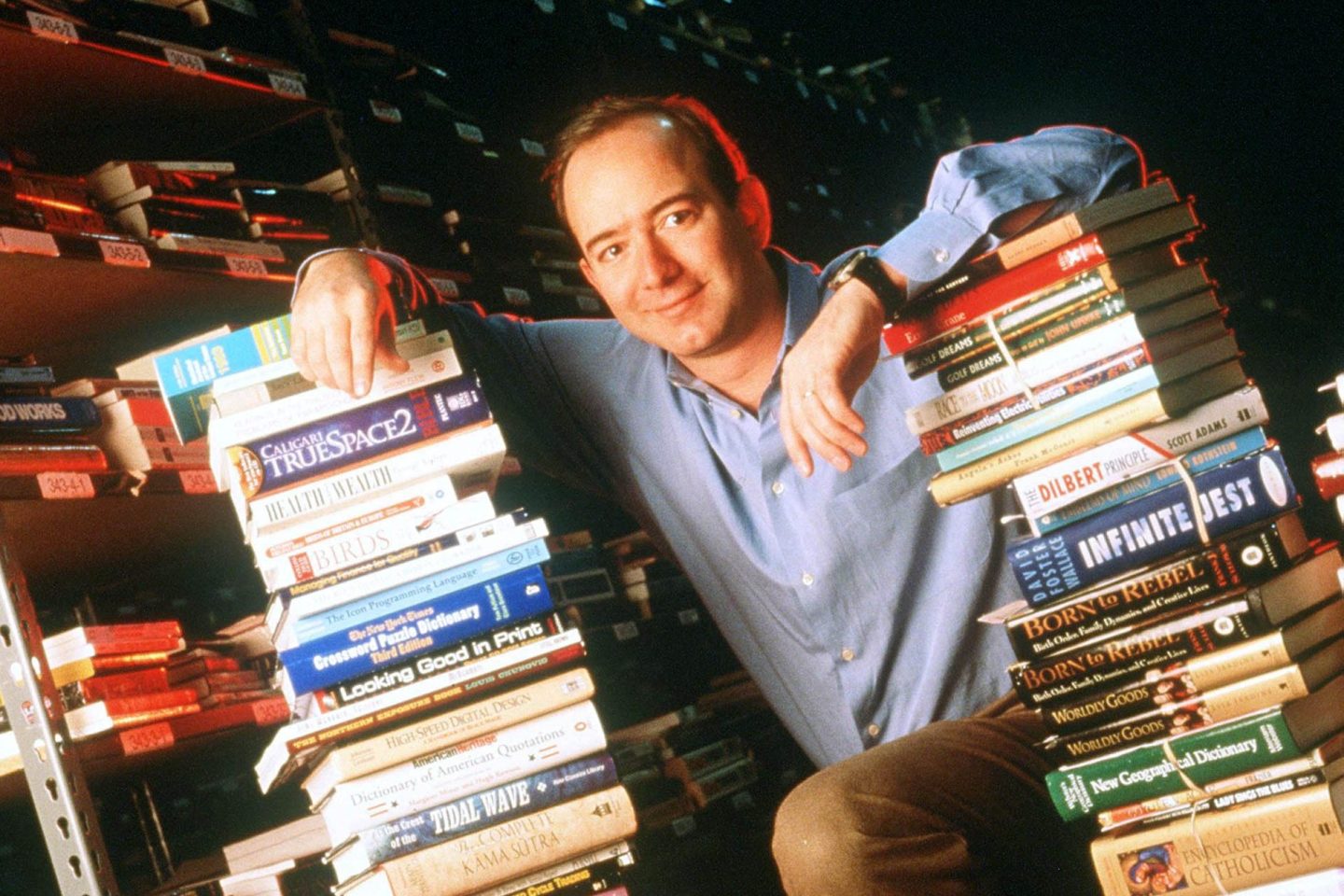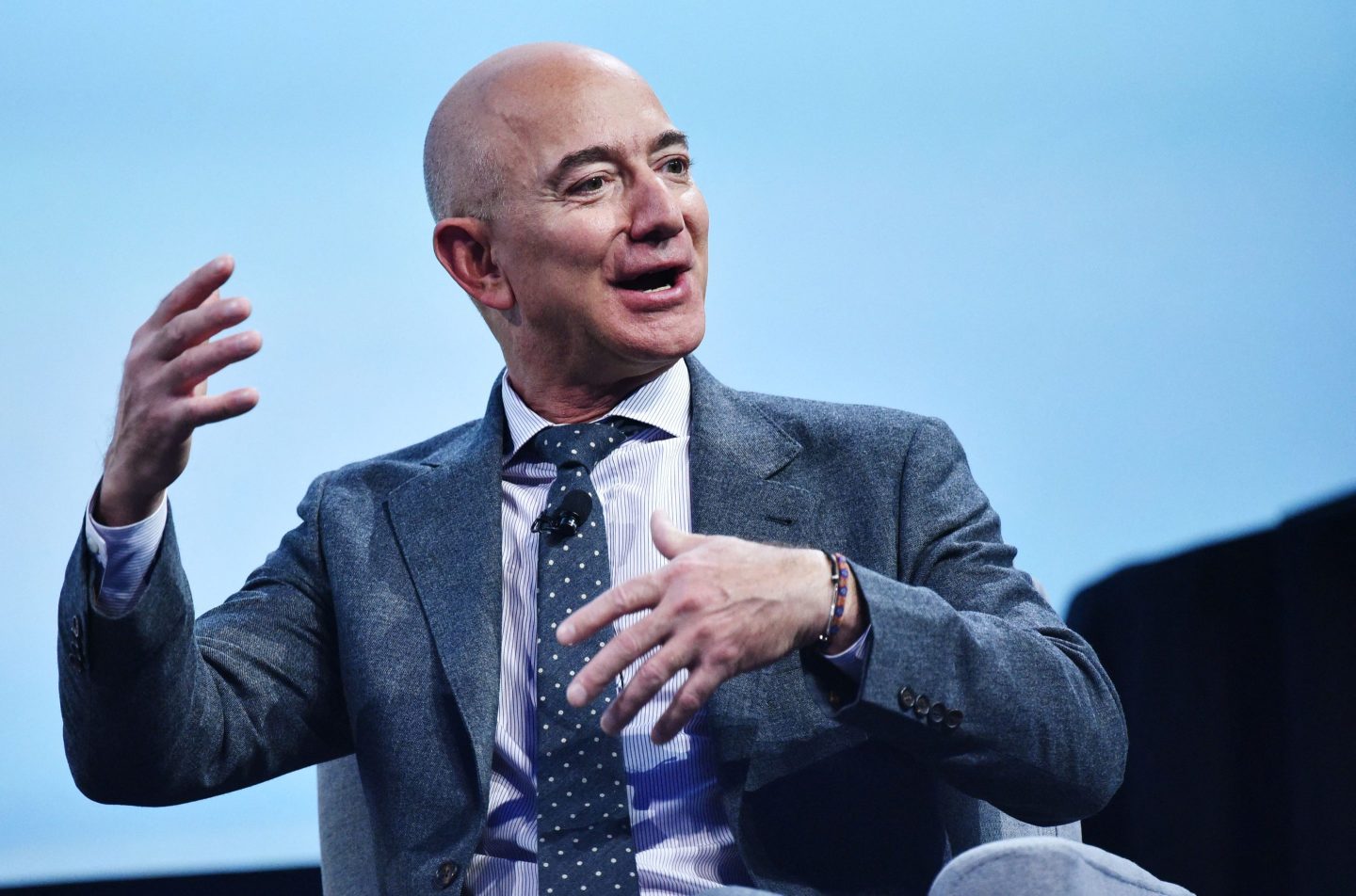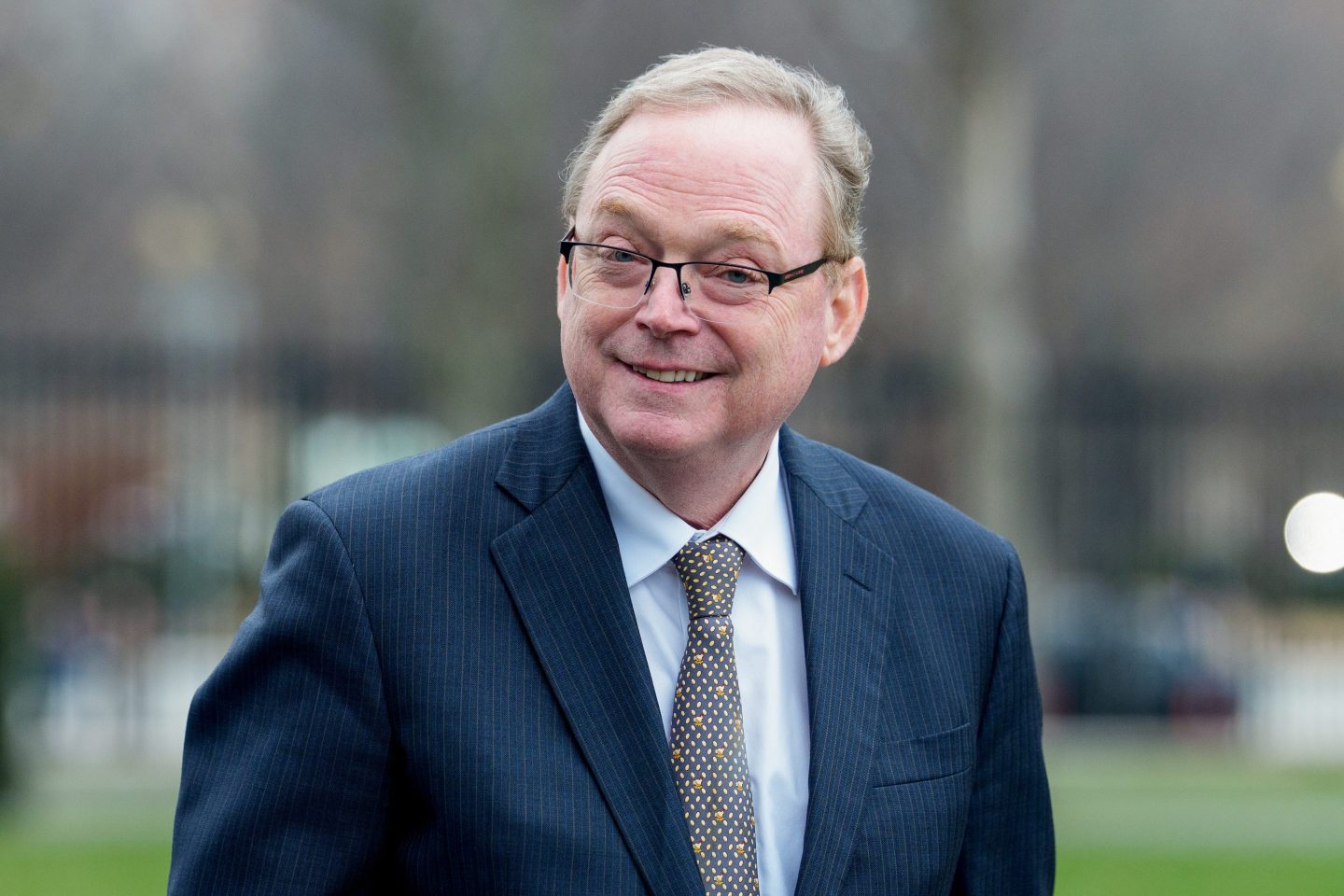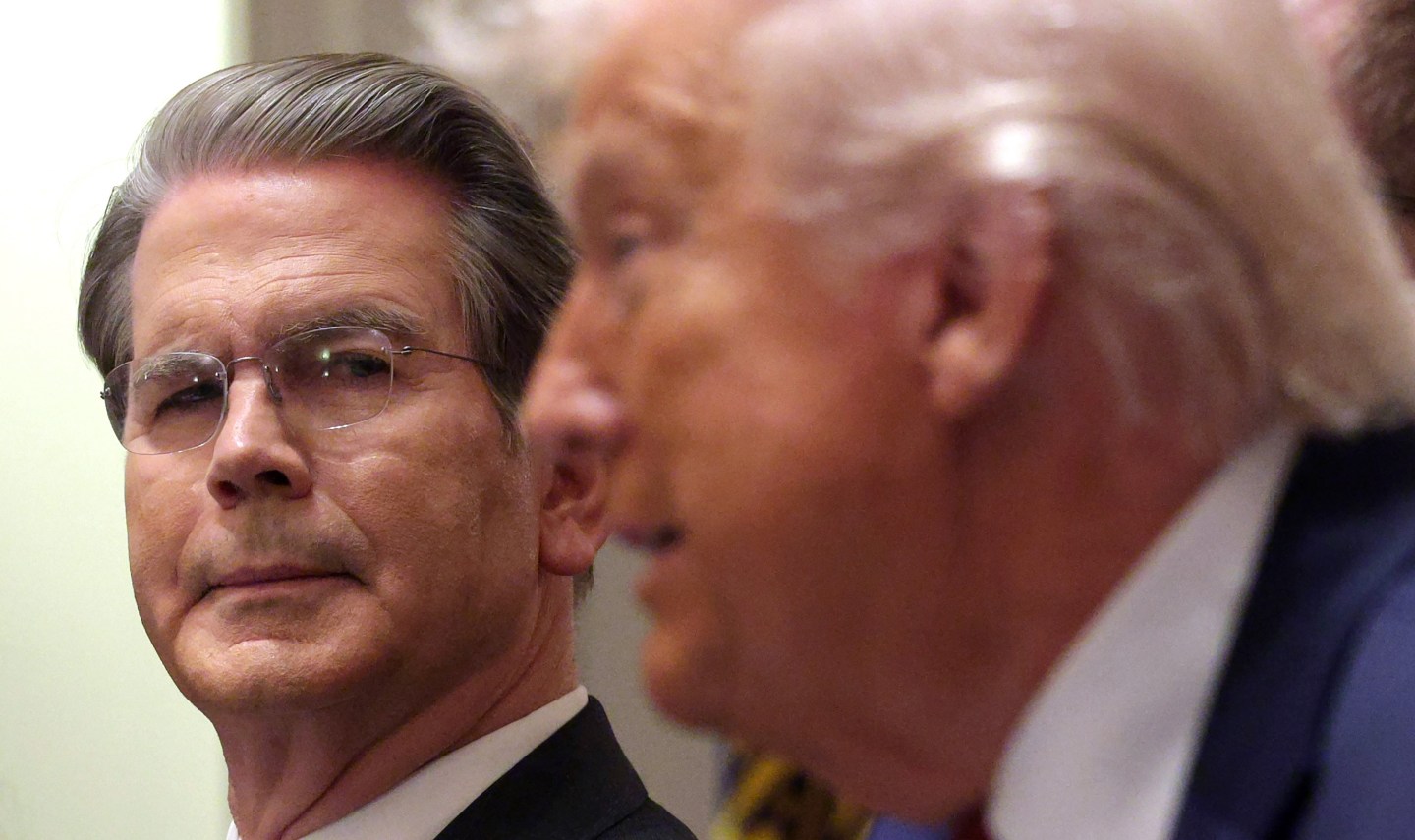After securing his breakthrough role as Rajesh Koothrappali in The Big Bang Theory at just 26 years old, Kunal Nayyar quickly rose to fame, earning a staggering $1 million per episode at the height of the show’s success and becoming one of the highest-paid actors on television ever.
“I remember ordering Laurent-Perrier rosé champagne—just bottles of it—and feeling like a king, having a really lavish dinner with truffles on everything, and the most expensive, whatever it was,” he recalls in an exclusive interview with Fortune.
It was a dream come true for Nayyar, who immigrated from India to the US at 18 years old for college, with bright eyes set on making it big in Hollywood. “I didn’t do it just because I wanted to create a piece of art that no one would watch,” the now 44-year-old actor, producer, and founder says, adding that he wanted to be “the greatest.”
But eventually the champagne bubbles go flat, the applause fades, and the stillness that follows can feel louder than fame.
“I was in my early 30s, and I had everything,” he adds. “You think it’s going to be the thing that satisfies you. You think: When I make it, then I’ll finally wake up in the morning and there’ll be butterflies and rainbows.”
“But the truth is, nothing can satisfy you and that can be a sad and a scary place to be to realize the thing that was going to give you the answer is not the thing,” Nayyar admits.
“You’re met with that existential crisis of what’s next, and you feel empty.”
How to stay motivated when you’ve achieved all your dreams
Today, Nayyar has an estimated $45 million net worth. He’s since starred in many more roles on our screens, written a book, and has a string of ventures to his name, including Good Karma Productions and most recently, a document storing app, IQ121.
He says staying motivated once you’ve reached the top—especially when you have the financial freedom to walk away—meant first learning how to live with stillness.
“My what next was met with a lot of anxiety and fear.My whole life was just spent achieving, achieving, achieving, and then when I achieved, I had to realize there’s more to life than just this,” he explains.
“So I turned inward to get to know who I truly am; And that’s what advice I always give people, is spend time discovering who you truly are, because that’s the one you’re going to live with for the rest of your life.”
Nayyar has learned that fulfilment doesn’t come from another audition, another deal, or even another million-dollar paycheck: “You have to realize what’s real in your life. You have to realize that it’s not just money and fame.”
“It’s spending time with people you love. It’s cultivating honest and true relationships. It’s spending time with good people, also spiritual practice, meditation, spreading love and kindness, cultivating silence in your life…”
And if you’re ever lucky enough to have a huge windall, Nayyar suggests trying to actually enjoy it.
“Just have fun. If you have been blessed in your life to work hard for something and you’ve achieved a certain position in your life, go enjoy yourself, literally. That’s the point of it,” he adds.
“If you keep achieving and chasing and chasing and chasing and chasing, and one day, your time comes and it’s over, and your last breath will not be, I’m so glad I achieved so much. Your last breath is going to be, I really wish I had spent time with people I love, or I really wish I had done more for humanity, or, I’m really going to miss this about living.”
“So no matter what, if you’re lucky enough to reach the pinnacle of your career, go enjoy yourself.”
From Airbnb to Wingstop UK, millionaires agree that success can feel hollow
Nayyar isn’t alone in feeling the emptiness that can follow huge success.
After cofounding Wingstop UK and selling a majority stake for £400 million ($532 million), Tom Grogan admitted coming into wealth was surprisingly “boring.”
“For seven years, your whole mind is occupied on making a success of this business,” Grogan told Fortune.
“It’s all you think about. And then when you get there, it’s just a bit surreal. It’s like, Okay, it’s done now. Now what? And money doesn’t necessarily fill that void either.”
Likewise, Brian Chesky cofounder and CEO of Airbnb, previously admitted that his company’s IPO—despite making him a billionaire—was “one of the saddest periods” of his life.
Growing up, Chesky admits he “desperately wanted to be successful” because he thought it would bring him adoration. Plus, having social worker parents who were by no standards rich, he also thought a large sum of money could “solve every problem.”
But actually, when Airbnb hit that $100 billion valuation and “everyone in high school” knew what he did, he was lonelier than ever, having poured all his energy into his work for up to 18 hours a day.
“At the bottom of the mountain, you have hope,” he concludes of his journey from scrappy start-up founder to billionaire. “But the problem is when you get to the top of the mountain, oftentimes you are at the top by yourself, disconnected.”
